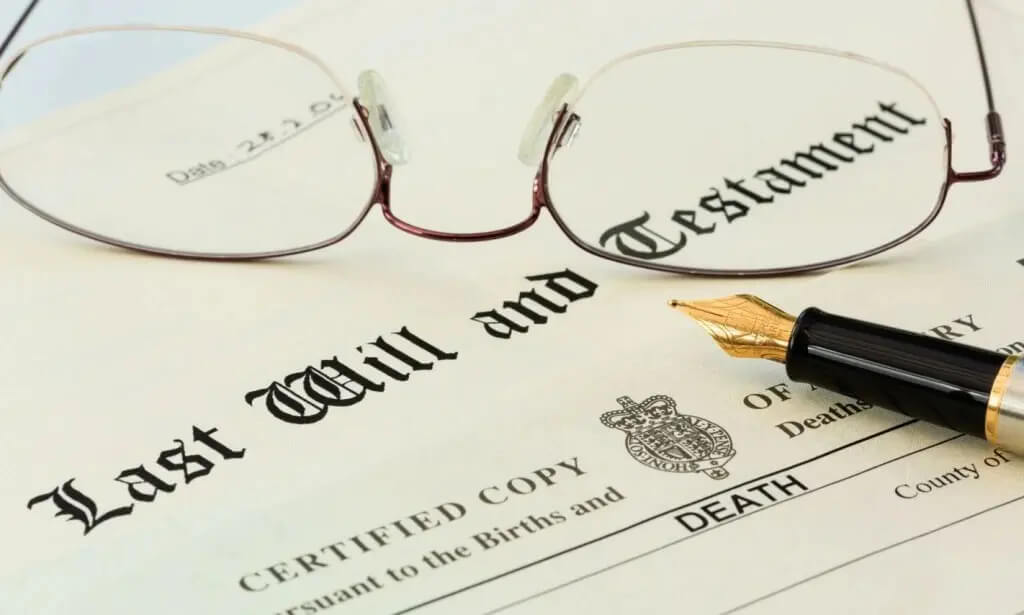Will Writing FAQs How much does it cost? Prices do depend on the complexity, but at Will 4 Less, you’ll enjoy clear, transparent, fixed pricing, so you can write your will confidently, and without any surprise charges.
Who can witness my will?
Another major issue to cover in Will Writing FAQs is about witnesses. For the most part, if you are not a beneficiary (or married to one) and are 18 or older, you can be a witness. This works to prevent the type of conflict of interest that might void portions of your will.
May I revoke or change my will after it is written?
Yes and this is a commonly asked question in Will Writing FAQs. Modifications are effected through a codicil (an official amendment) or by executing a new will that revokes the old one. We recommend updating your will as soon as circumstances change.
What is the best way to protect my will from being destroyed?
On our Will Writing FAQ, a lot of people want to know where they should keep their will. It is best held in a safe and accessible location, with your executors. Will 4 Less provides secure storage solutions to guarantee both protection and prompt accessibility of your will.
What exactly is an executor and who should I choose?
Your will speaks through the executors. This is one of the more Will Writing FAQs of most emotional importance. Pick a responsible, organized, relatively trustworthy person. You can name multiple assistants to jointly perform as your executor.
Can I disinherit someone in my will?
Well, yes, but we always advise caution in our Will Writing FAQ section. When people are disinherited, close family members can challenge the will by claiming that the person was irrational, under duress or influenced unduly. We can help advise you on how to express your wishes to attempt to minimize the chances of disputes.
When we should include funeral wishes in our will?
Funeral wishes are also recommended, and does being asked in Will Writing FAQs. However as it is possible for wills to be read after the funeral it’s best to let loved ones know separately, too.
What if I have property abroad?
This is a very tricky issue and features in many Will Writing FAQs. Inheritance laws vary from one country to the other. You could require multiple wills in each jurisdiction to make sure your assets go where you want them to go and in accordance with local laws.
Can a will assist with inheritance tax planning?
Yes. So a lot of these Wills FAQs are centred around mitigating inheritance tax. With the right will construction, trust utilisation and gifting tactics, it is possible to reduce the amount of tax payable, which will help to safeguard more of your estate for your family.



